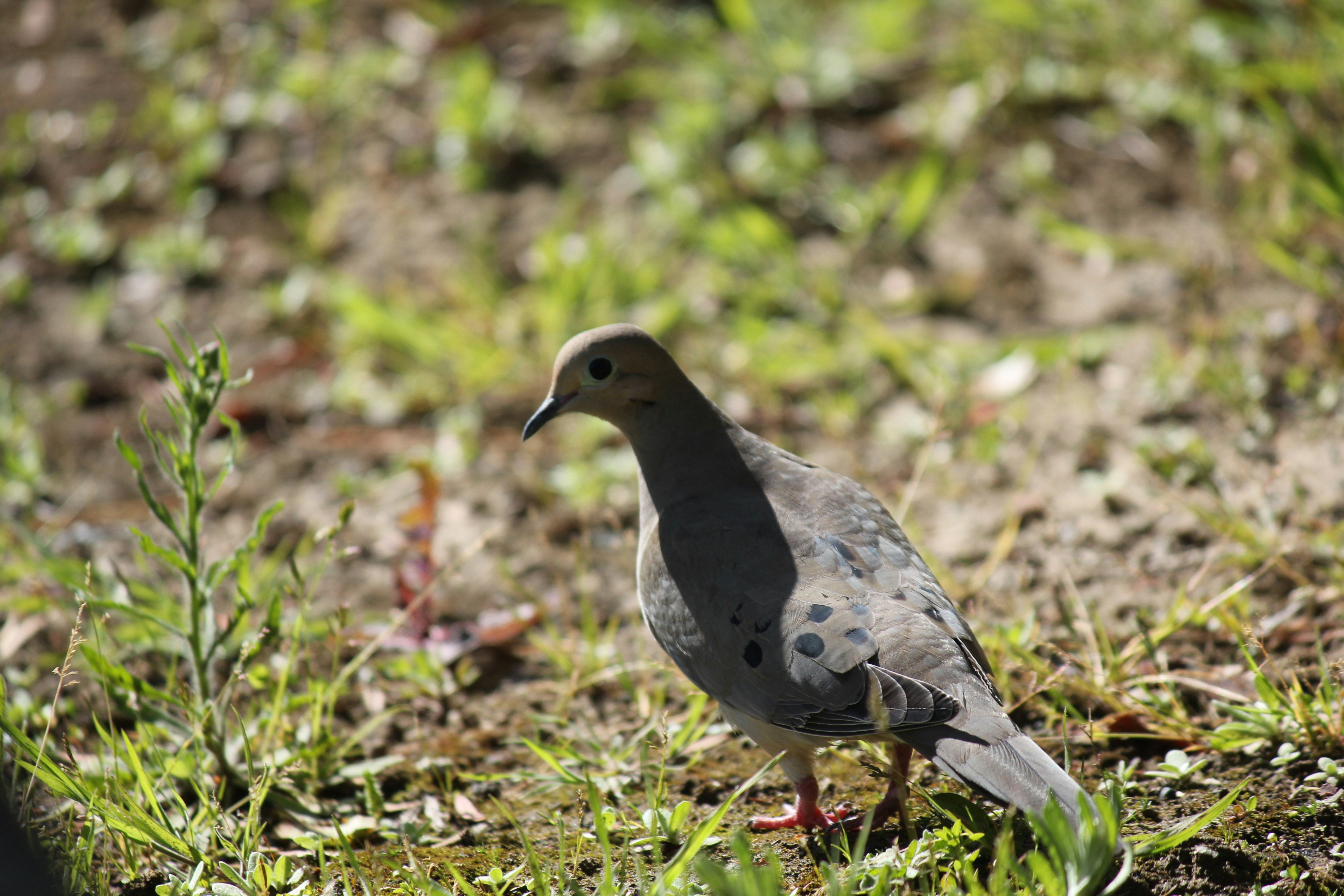
Written by: Pierce Young
Need a dove field in a hurry? You can still attract doves and stay within the law. Dove hunting is one of the most popular migratory bird hunts in North America, and in Mississippi, it is both a popular activity and a social tradition. As a hunter or land manager, it is your responsibility to know and obey all laws that pertain to the sport.

Here are some tips on how to produce a last-minute dove field that keeps you legal in Mississippi:
- Yes, you can hunt over top sown winter wheat, if it is done in a manner consistent with a normal agricultural practice.
- You can plant a wildlife food plot in the fall and hunt doves that are attracted to it, as long as the proper planting rates and dates are followed, and it is done in a fashion considered to be a normal agricultural practice.
- Wheat is to be planted at a rate not greater than 90 lbs. drilled or 120 lbs. broadcasted per acre and should be spread evenly across the area. It may not be piled or clumped.
- It is NOT a normal agricultural practice to sow seed several times in quick succession. In the absence of drought or flood, planting should be done only one time on a seed bed prepared sufficiently to reasonably ensure germination.
- You can NOT top sow wheat (broadcast) over an unprepared pasture.
- Wheat or rye can be overseeded prior to harvesting soybeans, corn or cotton to establish a cover crop and is recognized as a normal agricultural practice.
- Part of a field can be bushhogged at different times, such as four rows now and four rows later, and so on.
- Not all grains or seeds can be top sown, so be sure to plant according to recommendations.
- After sunflowers, corn, or millet are ripe and before the hunt, it may be knocked down or bushhogged.
- Additional grains or seeds can NOT be added to the field after a crop is produced or manipulated.
- Maintaining bare ground areas by disking throughout the planted areas also will help attract doves.
For more information about our dove program, visit our webpage at
www.mdwfp.com/wildlife-hunting/wildlife-species-program/dove-program